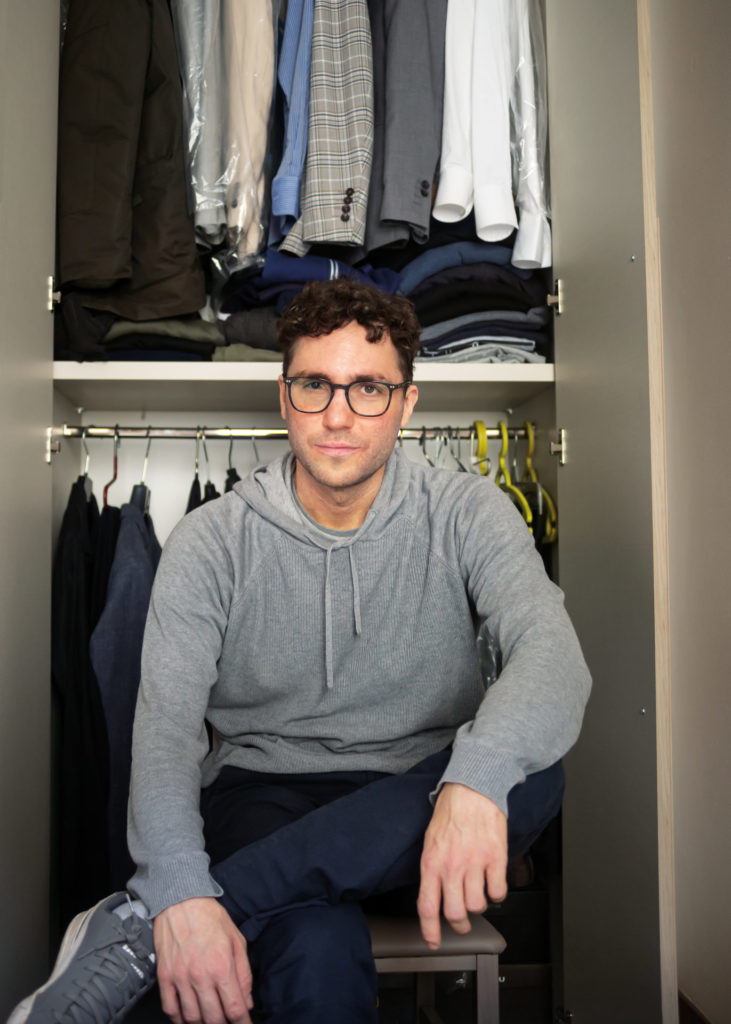fashion consumerism 2023



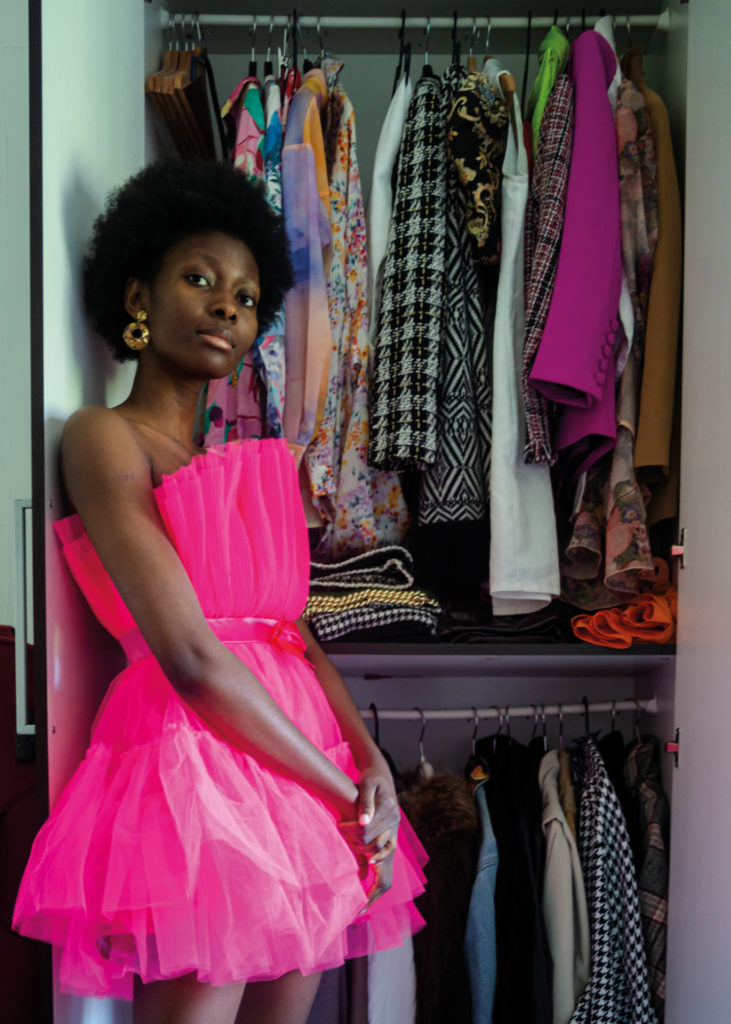
Tracey, 25, Model
What kind of fashion do you mostly buy?
I get a lot of high fashion items from my job, but in private I buy mostly fast fashion, like ZARA or SHEIN. Sometimes I also go to vintage stores, but in Milan they are pretty costly.
Why do you buy fast fashion?
I like to dress with the newest fashion and I like the styles of these companies. I like my shopping to be fast and low cost.
If you could say anything to a garment worker, who made your clothes, what would it be?
I’d say that I really appreciate the hard work they put in making the clothes and that I hope they get treated better within time, thanks to efforts by NGOs or the companies themselves. I’d also say to never give up, and try to advocate for their rights in their country, if it’s possible.
Davide, 36, publisher
What type of fashion do you buy?
I guess ninety percent of the clothes I own could be categorised as “fast fashion”. Vintage I generally like, but I rarely buy it, I just find the vintage shops and fairs interesting, mostly for the people you can meet there… I go shopping every, like, two or three months.
How do you think brands could get more sustainable?
Maybe produce less clothes that last more. There’s too much everything right now, hundreds of different models of every single thing that we buy. We are overwhelmed with choice, so as customers we automatically expect to have a lot of different models, and new models every three months or so. Somebody has to break this cycle, and it can really only be the brands. But then they would sell less, when compared to other brands. So? Invest in advertising. Spend money on ads and commercials that let people know that the things that they sell are better-made, last more, and are made in longer fashion cycles because they don’t have to last for only a couple of months.
Use some famous actors or models for these ads, make it look cool, make your customers think that they are cooler if they buy these kinds of more durable-but- still-quite-cheap clothes. If that becomes fashionable, well, part of the problem is solved.
And obviously, if brands won’t have to produce so many clothes so quickly and so cheaply, they’ll have less reasons to exploit cheap labour forces in God knows what far-away country.
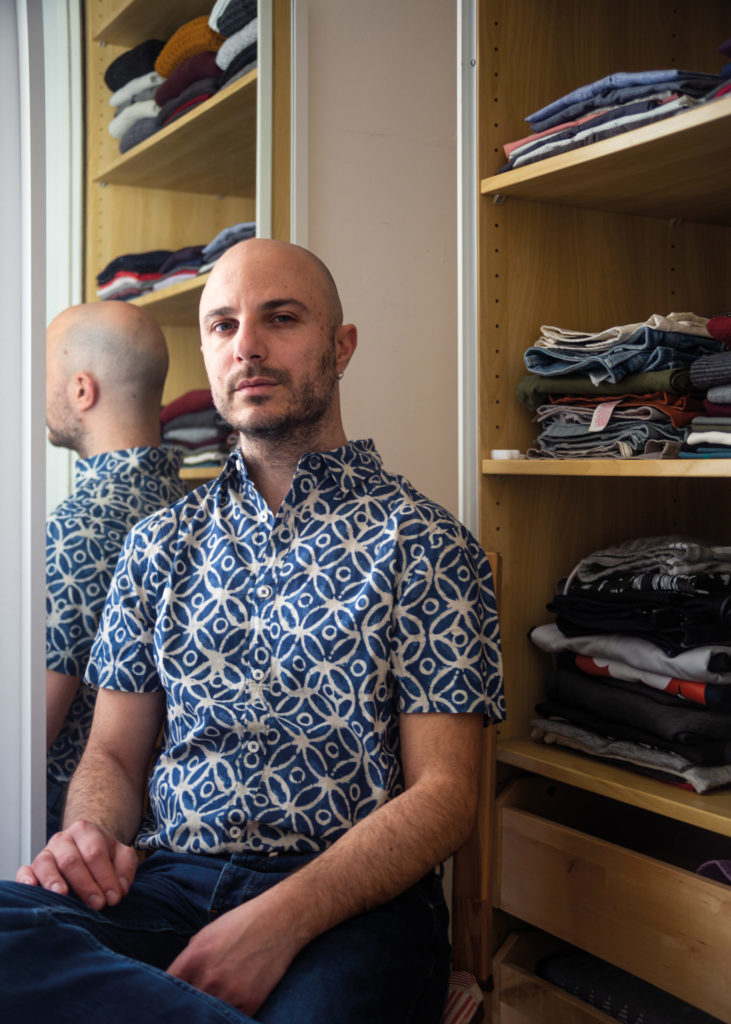
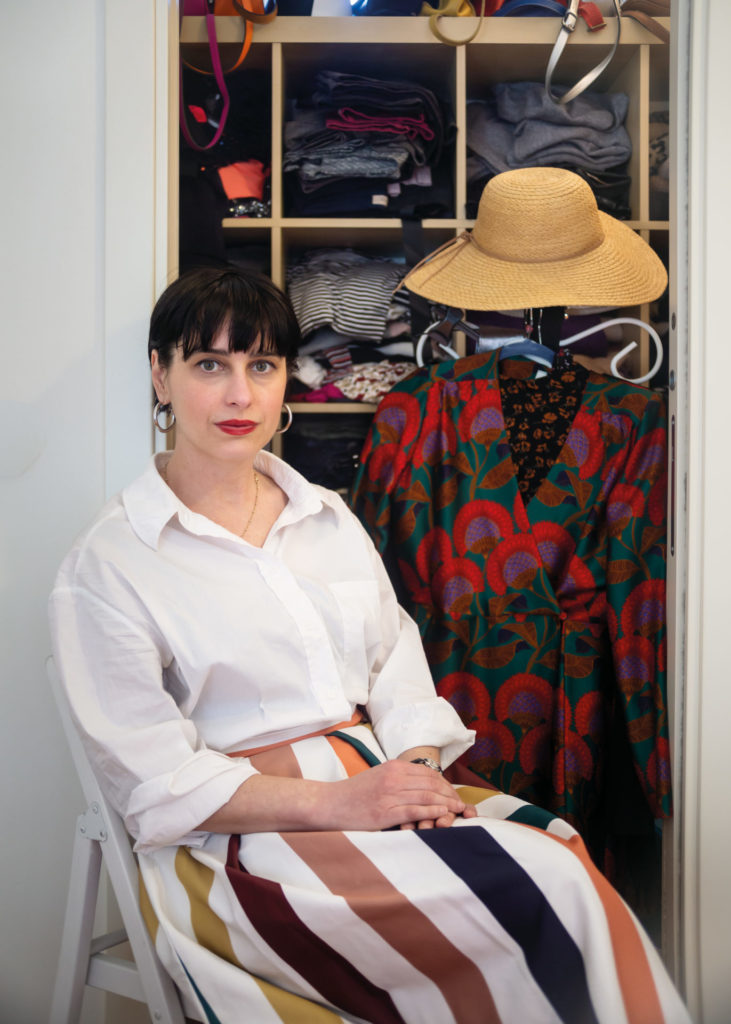
Enrica, 38, lawyer
What type of fashion do you buy?
I usually buy from the same stores that have local items and are not part of large retailers because I think they have higher quality. I mostly buy them during sales at a reduced price which allows me more choices. I also occasionally buy second-hand, vintage items in shops or on Instagram.
How do you think brands can become more sustainable?
I would take away the “fast” concept. In general, I would propose clothes that can always be considered as “current” and that can last, therefore investing more in materials and product quality. I would also value those who make them, focusing on expertise. Consequently, the quantity of production should be reduced in favor of quality and sustainability.
If you could say anything to a garment worker who made your clothes, what would it be?
As far as I know, the workers who have made most of the clothes I buy should have worked in a decent way and have their rights recognized. I would tell them that I hope that realities of this kind will endure and be supported, so that they will not be put in trouble by big industries that do not give these guarantees to their workers.
Giacomo, 29, sales manager
What type of fashion do you buy?
Most of my clothing decisions come from the way I used to dress growing up. I was always interested in dressing well so I thought of quality over quantity when thinking about clothes. I’m not buying much fast fashion, only for informal attire.
What do you think about the fact that garment makers in producing countries often get underpaid, while most money gets spent in marketing such as fashion campaigns and in paying taxes?
We live in a time where people don’t buy quality products that can be used more then a few times. To look modern and “wealthy” you can either actually spend a lot of money on cloting or just buy stylish, cheaper apparel with low quality which probably will not be used more than a few times.
If you could say anything to a garment maker who made your clothes, what would it be?
Just “i’m sorry”. A lot of garment workers in emerging countries are out of scope of our local politics, social dialogue and working policies that here, in our society, are a daily discussion. But It seems that if the problem Is “far from the eyes It Is also far from the heart”.
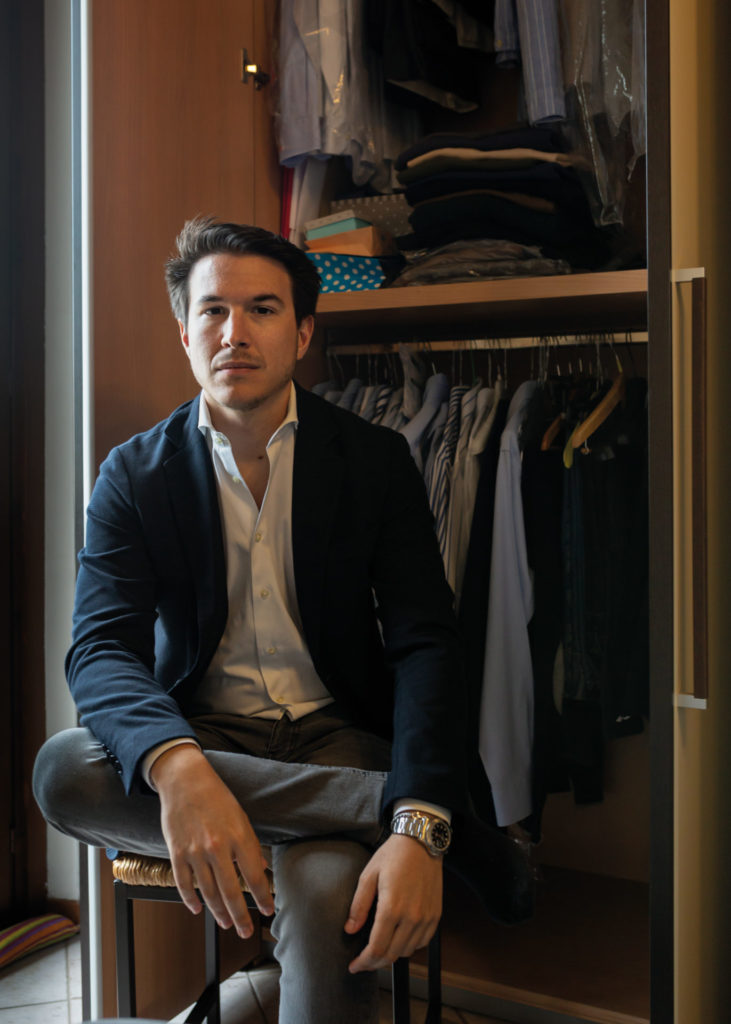
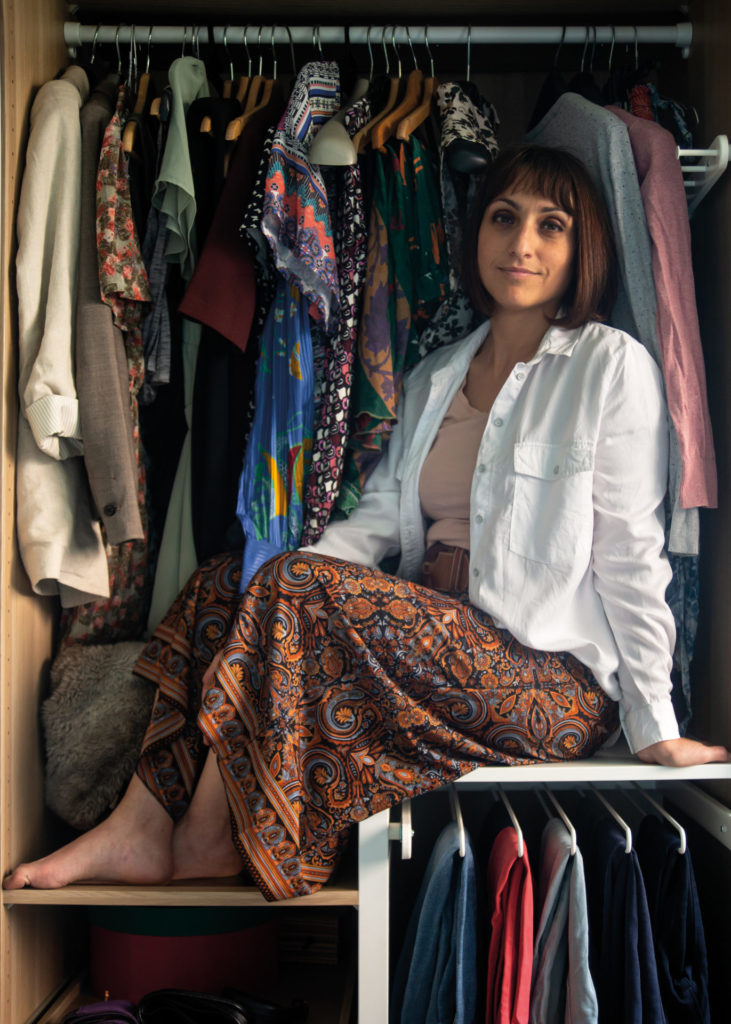
Sabrina, 40, event PR
What type of fashion do you buy?
I mostly buy vintage and second-hand.
Do you think you can do anything to improve conditions in the fashion industry?
I would avoid buying fast fashion, and I would spread the word about the bad consequences. I suggest to my friends and family to buy more vintage, second hand and plastic free clothes.
If you could say anything to a garment worker, who made your clothes, what would it be?
This is a tough question for me, because there are so many different kinds of garment workers, and many probably suffer from induced labor exploitation conditions. I really hope that the person who made my clothes is working in a good work environment, fully respected for her / his rights.
Mauro, 36, musician
What type of fashion do you buy?
I buy fast fashion because for me clothes are not so important. If they fit me that is enough reason for me to buy them. I don’t put any special attention or time into shopping.
How do you think brands should evolve to become more sustainable?
I think the main problem is capitalism. I would say, companies have to increase prices, but if they do, they probably would not be competitive anymore on the market. I think it’s a big issue and I don’t know how it can be fixed. Maybe it would be better to spend money on smaller, high quality producers, which are expected to be more sustainable instead of empowering the big brands.
If you could say anything to a garment worker who made your clothes, what would it be?
I don’t know exactly what a garment worker does and his/her working conditions. Unfortunately I’m not informed enough to say something smart to him or her.
